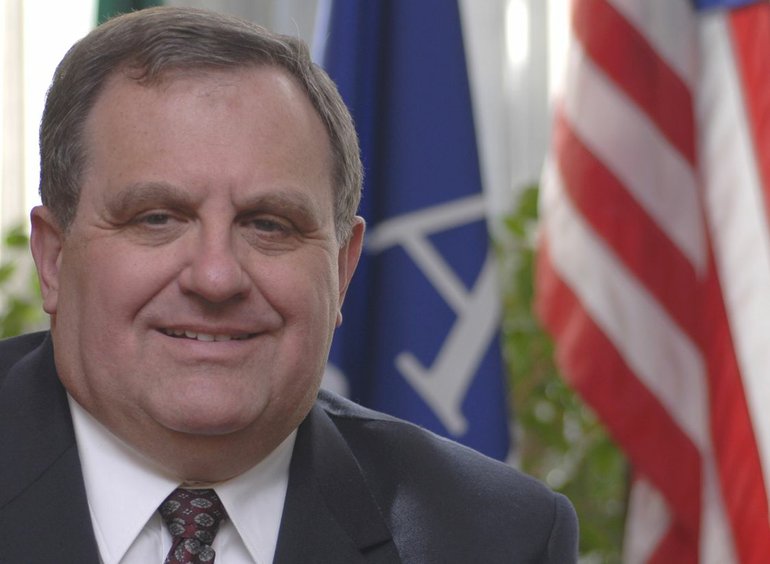In the face of our rising budget deficit, Gov. Chris Gregoire is calling on state agencies to become more streamlined and innovative. At the same time, some interest groups are scrambling to increase tax revenues. But raising taxes is difficult because voter-approved I-1053 requires a two-thirds legislative majority to increase taxes. Consequently, some legislators are once again targeting so-called “tax loopholes.”
It is a classic case of déjà vu all over again, as Yogi Berra would say.
Periodic reviews of tax incentives to ensure they’re cost effective are perfectly justifiable, but wholesale attacks on incentives with slogans and sound bites create more heat than light.
For example, the United Food and Commercial Workers circulated a flier in Olympia equating taxing cosmetic surgery and private aircraft with saving the state’s Basic Health program — a subsidized health insurance policy for low-wage earners.
Let’s take a closer look at the proposal.
House Bill 1847, sponsored by Rep. Eileen Cody, D-Seattle, would impose a sales tax on elective cosmetic surgery and dental procedures. It is the first step toward putting a sales tax on consumer services. The bill notes that procedures covered by insurance are presumed to be medically necessary, but insurance policies differ. Whose insurance are they talking about? Yours? Mine? What if you’re uninsured?
Details aside, let’s follow that logic for a moment. If the Legislature is going to determine which products or services are frivolous in the eyes of the state, why not slap a surcharge on high heels? Low-slung pants? Riding lawn mowers? Haircuts? Where does it stop?
HB 1847 also imposes an excise tax on private aircraft. Under this proposal, the state would collect an annual tax equal to .05 percent of the aircraft’s value. While the rhetoric and the picket signs target “corporate jets,” the tax also hits single-engine Cessnas and home-built planes.
Supporters rail against CEOs but don’t talk about the bill’s impact on small businesses such as the 40 or so crop-dusting firms in Washington or the 50-plus flight schools. The measure makes no allowances for nonprofit owners, so presumably it also applies to hospital helicopters. How will that reduce health care costs?
Interestingly, recognizing the added financial burden the measure would create, the bill exempts helicopters and planes owned by state and local governments.
And while the bill’s sponsors say they want the resulting tax revenue to support the Basic Health plan, there is no requirement that it do so. Nor would it pencil out. According to the Tacoma News Tribune, Gregoire characterized the money raised by Cody’s bill as “a drop in the bucket” for what the state needs.
Learn from past mistakes
Tax incentives have come under attack before in our state, and the lessons are clear.
In 1981, when Gov. John Spellman and his fellow Republicans faced a similar revenue crisis, they repealed the sales tax exemption on the purchase and installation of pollution control equipment, as well as the sales tax deferral and B&O tax credit for new manufacturing jobs. They also removed the sales tax exemption from food and drugs, the state’s largest and most lucrative tax loophole, for a 14-month period.
The result? Major projects were derailed and jobs were lost. Potential employers passed Washington by because the state had a reputation of being bad for business. And voters, angered over the tax on food and drugs, tossed the Republicans out in the 1982 election.
The value of tax incentives is well documented. In 1995, Gov. Lowry signed into law a sales tax exemption on manufacturing machinery and equipment. In its first 10 years, the exemption added $81.5 billion to state coffers, generated more than $16.5 billion in income and created almost 285,000 new jobs. The exemption is still paying dividends. State and local governments are expected to realize $2.1 billion in additional net tax revenues between 2007 and 2016.
Slogans and picket signs don’t make good public policy. Lawmakers should proceed with caution. While state tax revenues are less than projected, they are still higher than last year. Now is not the time to stall our fragile recovery with higher taxes and fees.
Don Brunell is president of the Association of Washington Business, Washington state’s chamber of commerce. Visit http://www.awb.org.



